Eight months ago, if a student or an entire class asked if they could record the steps after class, my answer was ABSOLUTELY NOT.
First off, for their own sake – it is a disservice to let them do that. Instead, I suggest students go home and immediately review what they remember from class, write it down in a way that helps them remember it. For things they don’t remember, make note of what they cannot remember, so in the next class, they know where their gaps are and can hone in on what they’re missing or come in with a question. The process of trying to remember often helps them recall parts of class not at the forefront of their mind.
When I was first learning flamenco, I never videotaped classes. Sometimes, I did sound recordings (on a cassette tape, because yes, I am that old), but to be honest, I rarely went back and listened to those, except when I took flamenco singing classes. You might say it’s because I was young and could pick steps up quickly and surrounded by students usually at least 10 years older, maybe I did have a faster memory. But even now, I always see people recording classes and choreographies, and they never seem to know the steps. Instead of doing the steps in class, they watch through their phones. That’s not how one learns. That’s definitely not how one learns flamenco. We learn by doing, by trying, by failing, by figuring out what we don’t know.
I’ve now, since COVID (though I take full responsibility) slipped into allowing students to record new steps or choreographies, or sending the recorded classes out. How many of them actually go home and study the video? I don’t know. How many of them don’t practice because they can just rely on the video as a refresher and not actually know – embody – the dance steps? I also don’t know.
It’s better to know you do not know something rather than think you know it because you have a video of it.
Not to mention, it takes half the fun out of flamenco:
Part of flamenco is like a game of telephone. Maybe you remember 90% of a step, maybe you remember the sounds, but not the mechanics, or the mechanics and not the sounds. So, you tweak it to make it work in the music. The step has shifted, and whether purposefully or not, you’ve made the step your own. And this is where knowledge of the music is so important – if you don’t understand structurally what the step is doing, it’s virtually impossible to tweak the step and still have it be conceptually the same. Understanding the logic of a step takes a great deal of knowledge. In that way, structure, grammar, purpose of a step is more important than the step itself. What makes that step special? Is it the step itself (the mechanics), the musicality – how does it weave in the rhythm or the song, or where it is in the structure of the dance.
And then of course, there is the danger of stealing material. That was a big one for me when I said NO to recording. Then, I’ve come to realize most people are not going to take the time to fully steal and understand someone else’s steps – they’ll make a superficial copy, and in doing that, they’re the ones missing out. I guess I also hope and believe the audience can tell the difference. The people that want to take the time to understand flamenco are also taking the time to understand the structure and create their own dances and steps. So yes, maybe people will steal it, but the people who would rather steal than create are never going to be competition for the people taking the time to create. At the end of the day, the creators are going to feel satisfied and the step-stealers less so (or at least I imagine that to be the case). Yes, we all learn by imitating at first, but that’s just the beginning.
Then, there’s the question of undermining oneself as an instructor. Will students continue coming to class if they can just keep doing pre-recorded classes? I’d like to believe most people know there’s no replacement for regularly taking class, be it online or in-person. Real growth happens with dedication and regular attendance.

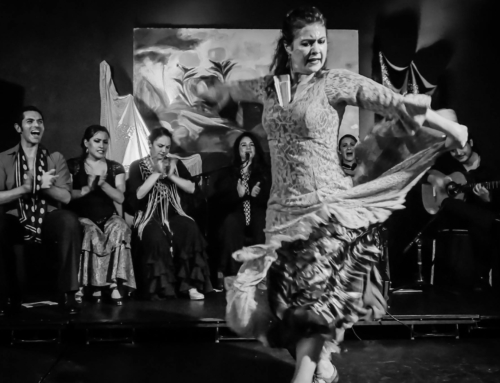
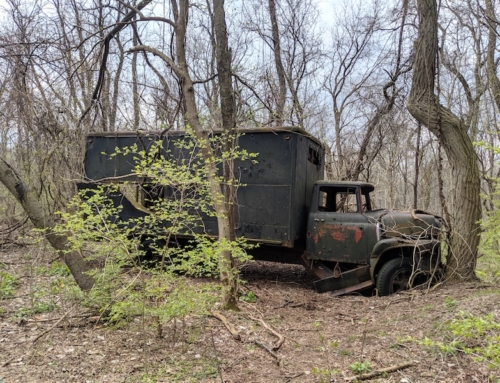

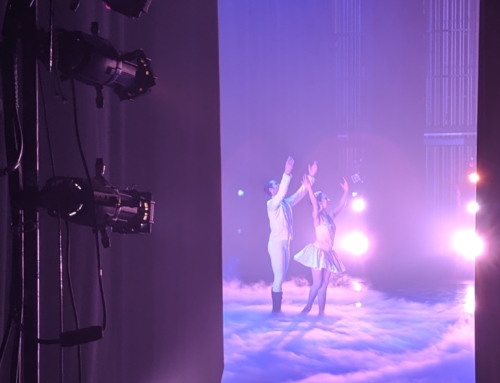
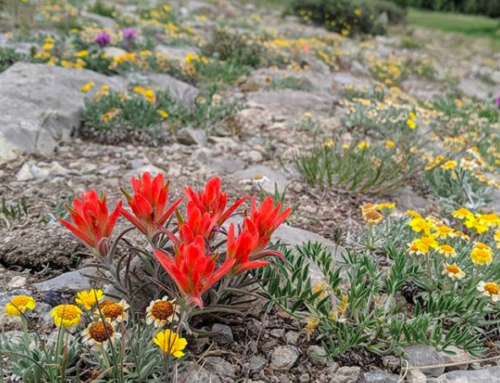
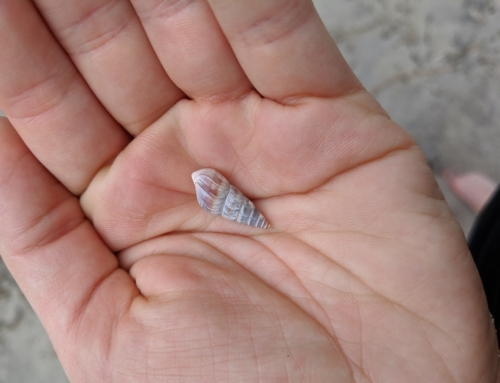
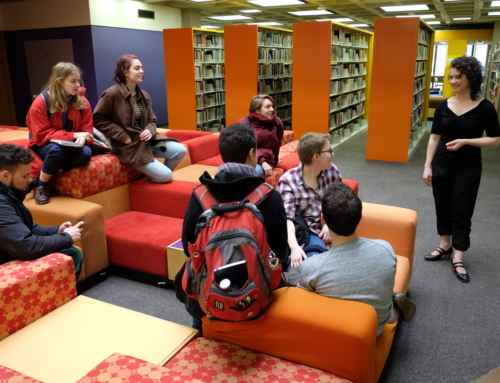
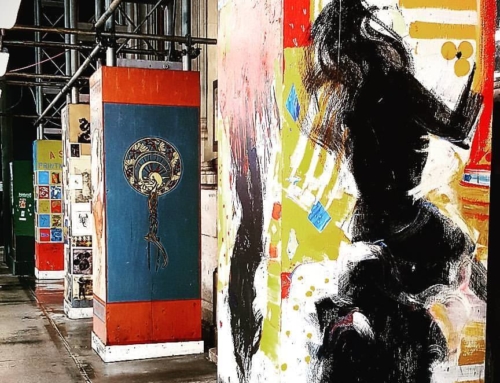
Leave A Comment